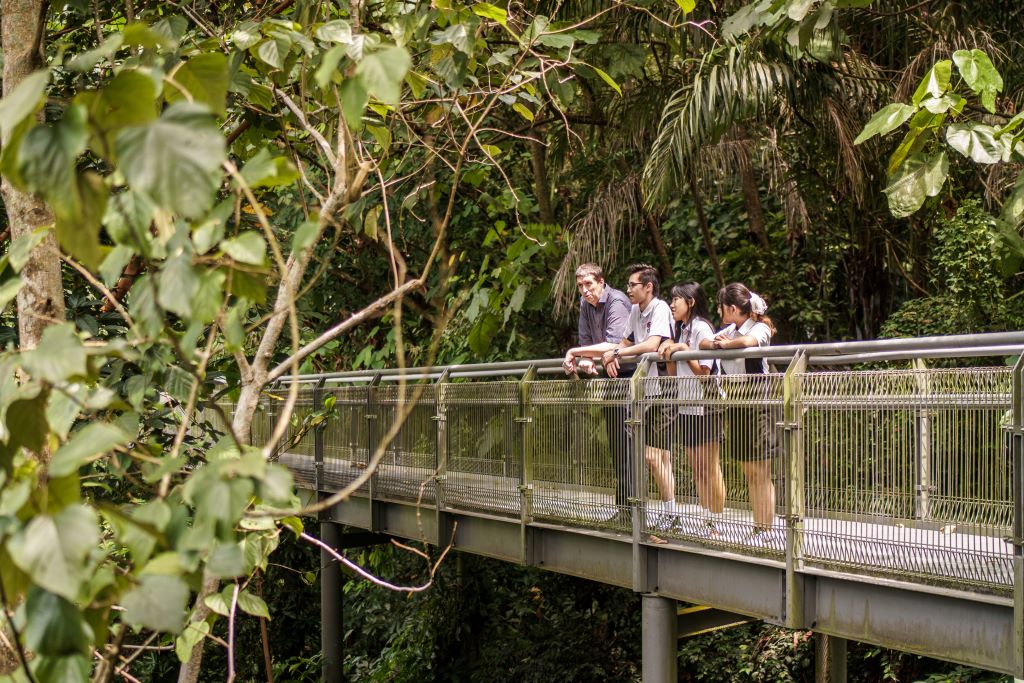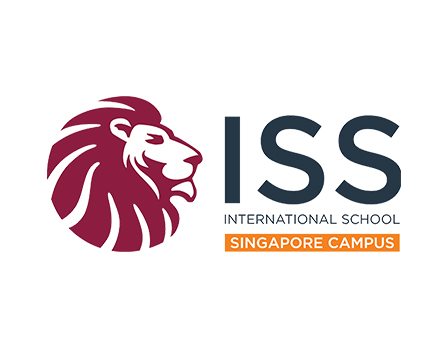The shifting landscape of our world demands a fundamental re-evaluation of education. The once straightforward life equation of obtaining a degree, working, and retiring has evolved, with job requirements and the skills essential for success undergoing profound changes. In response to our rapidly changing world with evolving demands, educational systems must transition from traditional frameworks to more student-centred learning approaches. Within today’s global education landscape, a pioneering, family-owned school in Singapore stands as a beacon of educational innovation, celebrating over four decades of making a real difference in the lives of students.
The complexity of the modern world necessitates a shift that empowers students to take an active role in their education, ensuring they are well-prepared for the multifaceted challenges of today and tomorrow. In an era marked by AI, automation, and many disruptions, the emphasis has shifted from mere accumulation of knowledge to the art of connecting knowledge with practical experiences. Within this context, a school system solely fixated on exams and rote memorisation becomes counterintuitive and in need of transformation. “We must always look at the complete picture of a child’s growth,” says Mr. Kelly Millar, Head of the High School Diploma (HSD) programme at ISS International School, Singapore. The HSD consists of a holistic approach that ensures that knowledge and skills are seamlessly integrated into each student’s unique journey toward success.
“As leaders in education, our job is not to control those whom we serve, but to unleash their talent.” George Couros, The Innovator’s Mindset
As an alternative to the International Baccalaureate Diploma Programme (IBDP), the HSD programme represents over 40 years of commitment to personalised education. This two-year American-style curriculum, fully accredited and globally recognised, extends its reach to students from Grades 9 to 12. Here, students acquire academic knowledge and the essential skills to pursue careers aligned with their interests and aspirations passionately. This longstanding tradition exemplifies a continued dedication to “Educating to Make a Difference” in the lives of young learners.

The HSD empowers students to take charge of their learning journey, nurture academic interests, and develop transferable skills tailored to their calling. Source: ISS International School, Singapore
In a nutshell, Mr. Millar describes the HSD programme as “competency-based learning with a student-centred approach that engages knowledge in real-world applications.” This empowers students to take charge of their learning, nurture academic interests, and develop transferable skills tailored to their calling. For instance, playing video games is not considered a waste of time when you can take the skills learnt from playing video games into this thriving market, anticipated to reach US$504.29 billion by 2030. It is about being versatile and relevant.
“We are innovative and can afford a certain degree of flexibility because we are not bound to teach for the sole reason of passing an exam,” Mr. Millar says. “We’re not just going to external bodies to say you’re good at this. This gives our students real engagement and a voice to connect what they learn in science and social science to, let’s say, video game development.”
The HSD programme consists of four interconnected components to enhance skills and competencies. This begins with Foundation courses in Language, Mathematics, and English, providing a solid academic foundation. Next are Specialised Courses, such as Systems of Scientific Thinking, Leadership and Civic Engagement and Social Science, designed to be transdisciplinary, inquiry- and project-based, ensuring students can explore their interests deeply. The programme also incorporates a Portfolio element, empowering students to expand their learning beyond the classroom. The Portfolio can range from engaging in global stewardship projects, various awareness campaigns, and entrepreneurial endeavours, to personal and professional profile development, all tailored to the individual interests and goals of students.
In the final-year Capstone Project, students lead in designing impactful, innovative projects with real-world applications, encouraging them to find mentors in their areas of interest and fostering connections with industry professionals. For instance, previous students have proactively contacted university interior design departments and conversed with practising designers to gain practical insights into potential careers. The programme also facilitates regular sessions with guest speakers and industry leaders, providing valuable exposure to various career paths. Through such interactions, students can ask critical questions like “How did you achieve that?” “What happens when you encounter setbacks?” and “What challenges do you foresee?” Furthermore, the programme extends its reach by collaborating with international partners who offer Zoom internships. It is another layer of real-world experience to empower students in their academic and professional journeys.

For their Capstone Project, ISS International School, Singapore students design impactful, innovative projects with real-world applications. Source: ISS International School, Singapore
The HSD teachers have spearheaded a profound shift toward placing a greater emphasis on students. “We passionately champion the development of student confidence and nurturing skills essential for success beyond the school environment,” says Mr. Millar.
In his own words, “How do we empower students to gain the self-assuredness and skills required to thrive in the world beyond school? Competencies and competency-based learning provide students with the unique ability to shape their own educational experiences, fostering skills within the programme that transcend the boundaries of traditional learning.”
The HSD programme embodies a collaborative partnership among parents, students, and educators, ushering in a transformative shift in role dynamics. Parents and teachers become pillars of unwavering support while students take on increased responsibility for their educational journey. This collaborative spirit drives active student and teacher engagement in the pursuit of self-improvement.
Through robust hands-on engagement within the HSD programme and the dedicated support of ISS educators, ISS students are poised for remarkable achievements. HSD graduates have secured admission to esteemed universities, including Pratt Institute, King’s College London, and Sophia University Japan, and consistently made a positive impact in their communities. This dual focus underscores ISS’s commitment to preparing students for a changing world.
Learn more about ISS International School, Singapore; click here to apply now.
Follow ISS International School, Singapore, on Facebook, X, LinkedIn, Instagram and YouTube.












